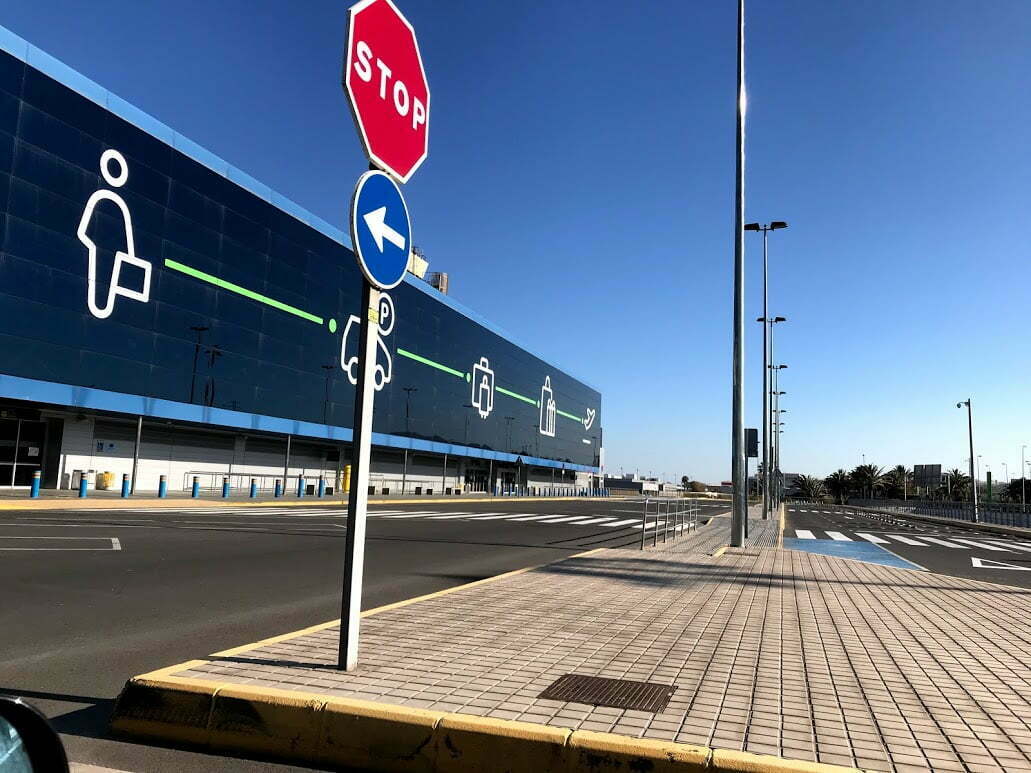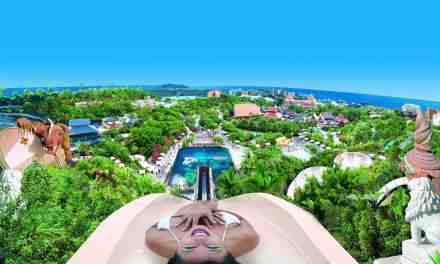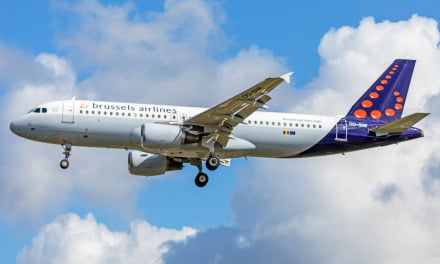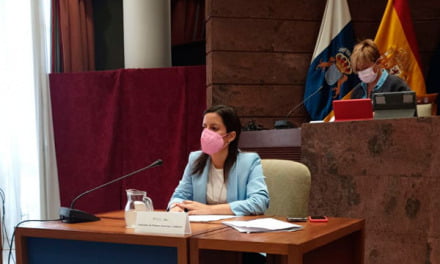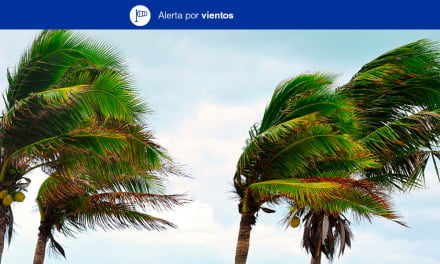Spanish State Council have recommended that last week’s regional decree from the Canary Islands Government, intending to approve antigen tests for foreign tourists to be used to prove that they do not have coronavirus, be overturned. The non-binding legal opinion, from the supreme advisory body to the Spanish Government, sets guidelines for the central Executive in Madrid. Spain’s Health Minister, Salvador Illa, did not approve the regulation, declared by the regional government, meant to expand the imposition of the PCR test beyond what was originally stipulated. Canary Islands President, Ángel Víctor Torres, and his regional autonomous government, want foreign visitors to be able to come to the Archipelago using either the slightly more accurate and much more expensive PCR tests, or antigen test results, which are faster and much cheaper.
The objective was to avoid the high cost of the PCR, which can be up to €150 per person, making holidays in the Canary Islands more expensive for English, German or Dutch visitors, three of the primary source markets, who are also ranked as of “High Risk” by the ECDC. The Canary Islands have been doing all that they can to try to save their winter tourism season, although mobility restrictions across much of Europe has, in practice, shattered any hopes of achieving that goal. Be that as it may, Illa has not given in to pressure to agree with The Canary Islands insistence on following the ECDC and European Council advice, over Spanish territorial law. The Minister has instead chosen to ignore the autonomous decree (in force since last Thursday);
The opinion of the advisory body chaired by María Teresa Fernández de la Vega, former vice president and former socialist minister in the previous Spanish central governments of José Luis Rodríguez Zapatero, leaves the authorization of antigens for the screening of foreign tourists solely in the hands of the Ministry of Health. The Spanish Government have chosen to simply ignore the the Autonomous Community’s decree and have not changed a thing to comply with the regional decree, in practice refusing to recognised that anything has changed since its approval last week. Mar Faraco, the president of the Association of Foreign Health Doctors, the officials in charge of public health controls at ports and airport entrances, has simply explained that the Spanish Ministry’s instruction is clear: only PCRs are valid and, are the only available alternative to being turned away, isolation on arrival or even being fined.
Aware that the decree would have no effect without Madrid’s collaboration, Torres himself has been insisting over recent days on the need to “harmonise” state and regional regulations to approve antigen tests. The President of the Canary Islands has recognised that the Ministry of Health have different “scientific criteria” on the suitability of these tests, but the truth is that Prime Minister Pedro Sánchez’s Cabinet have taken the view that the Government of the Canary Islands have over reached in assuming powers over territorial borders that in no case correspond to their competence. Legal advisors to the regional Executive understand that the delegation of powers in favour of regional presidents during the state of alarm includes the validation of entry and exit requirements from the territory, as well as establishment of protocols related to public health.
Torres recalled that the Canary Islands has been a pioneer in the request to use antigen tests and added that it has been impossible to harmonise this criterion due to scientific differences, but made clear that the Canary Islands Executive has acted “with coherence” and “if it is now established that they invade the powers of the State, we will have to defend ourselves legally and continue talking with the Government of Spain” he said.
@avtorresp on the decree for the control of travellers by means of antigens: “If we approved a tourist decree before the resolution, it was mandatory that we defend with another decree what was done previously. We act defending the interests of the Canary Islands” https://t.co/o03OTG6Ewn
— The Canary (@TheCanaryNews) December 16, 2020
The solution to the conflict between the State and the Autonomous Community has only two possible paths: “harmonisation”, as demanded by the Canarian president, where the Spanish Ministry of Health agrees to approve antigen tests as valid for arriving foreigners; or a judicial dispute in which the Canary Islands would have little hope of winning, particularly following the published opinion of the State Council, and little to gain, since the Foreign Health doctors depend on Madrid and will not accept orders other than those from Madrid. By the time the legal controversy could be resolved, a vaccine is likely to already be starting to become widespread and the discussion would have no practical function.
The opinion of the State Council only concerns regulations on the arrival of foreign tourists, but there is also news about the obligations for Canarian residents who return from the rest of Spain during the holidays.
The Ministry of Health yesterday published an order that regulates the return home for Christmas of thousands of islanders who are temporarily in the Spanish mainland, the vast majority of them students. From this Friday, when the order comes into force, these people will have to prove that they are not carriers of Covid-19 by presenting negative results which can be one of three types of test: PCR, a TMA or, in this case, can also approve antigen tests. They must be tested within 72 hours prior to their return to the Archipelago, but it will be the Canary Islands Health Service (SCS) that will pay the costs. To do this, returning Canary Islands residents will have to be tested at one of the laboratories that have signed agreements with the Canary Islands Ministry of Health – distributed throughout Spain and listed on the SCS website – and present their flight receipt and a “Canarian resident voucher”, which must also be downloaded from the SCS website. In the event that anyone who comes from the Peninsula is not a Canarian resident, the obligation is the same, though they will have to pay for their own test, at a “special price” using the “Canarian non-resident voucher” (this is also on the SCS website).
Those who cannot prove that they have undergone the analysis must do so within 72 hours after arrival and are obliged to confine themselves to their residence or accommodation until the result is obtained.

